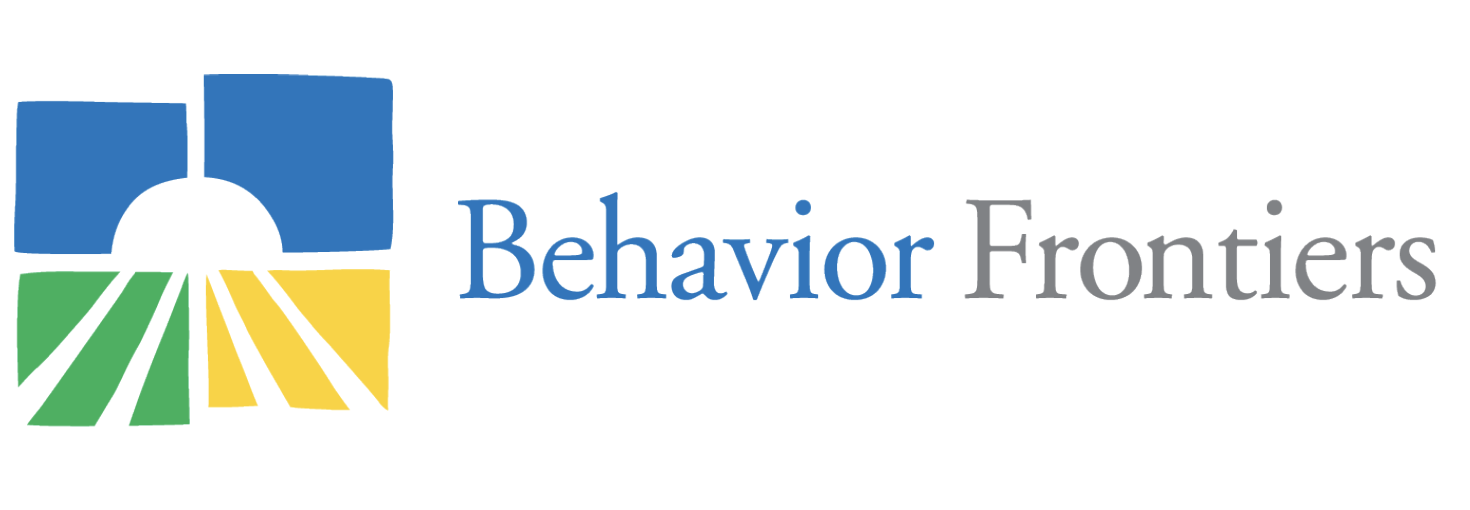
Diagnostic Services for Autism
When your child begins showing signs of autism, it can be a very overwhelming experience for you, your child, and your family. You want to ensure that your child gets the best possible care, but where do you even start?
The first step to any autism treatment program is to receive an official diagnosis. Diagnosing an autism spectrum disorder (ASD) can be difficult, simply because there is no medical test, blood work or scan that can diagnose autism. This is where a qualified diagnostician comes in. They can review a child’s developmental history and observe current behavior in order to make a diagnosis.
While receiving a diagnosis can be a complex process, it is important to pursue it as soon as you notice symptoms. By age 2 (and sometimes as early as 18 months), a diagnosis by an experienced professional can be considered reliable, and early intervention is proven to have the best outcomes throughout the life of your child. It also allows for access to services and supports that can help your child as they navigate through school, social opportunities, and more.
Glossary of Terms
Diagnostic Assessment: why a psychologist determines if the child meets the requirement to receive treatment. The process of obtaining a diagnosis of ASD usually begins with a basic screening test. This test does not provide a diagnosis by itself, but it can indicate whether or not your child is appropriately developing compared to their peers. If the screening identifies an area of concern, a specialized diagnostician will likely perform a more in-depth formal developmental evaluation.
The formal evaluation looks more closely at areas of concern in your child’s development, and is usually performed by a specialist, such as a developmental pediatrician, child psychologist, speech-language pathologist, or occupational therapist. This specialist will work with both the child and their family, through a combination of structured tests, family questionnaires, and child observations. The results of this formal evaluation will highlight your child’s strengths and areas of concern, and will indicate if they meet the criteria for an ASD diagnosis. It will also provide guidance on whether your child would benefit from early intervention services.
FBA (Functional Behavior Assessment): A Functional Behavior Assessment (FBA) is completed by a BCBA at the onset of services. The purpose of the FBA is to determine the function(s) of the behavior so that a treatment plan can be created to address those problem behaviors. The FBA is best developed at the onset of services – this will give us a clear picture of the child’s behaviors so that we can begin working on them from the get-go.
Signs of Autism
Problems with communication: Limited or no language, Difficulty starting or having a conversation, Not playing make-believe with toys
Problems with social interaction: Poor eye contact, Not responding to his/her name, Not pointing out items of interest, Prefers to be alone rather than around other people or children
Repetitive or obsessive behaviors: Repetitive play (e.g., spinning toy car wheels, lining up toys, etc.), Unusual obsessions (e.g., only wanting to wear truck shirts, only wanting to use the color green, etc.), Repetitive speech/sounds or body movements (e.g., hand flapping, jumping in place, etc.)
How Behavior Frontiers Can Help
Behavior Frontiers is proud to partner with diagnosticians across the country! If you believe that your child is showing signs of ASD, call us today to schedule an assessment. We would be happy to put you in touch with a diagnostician in your area. We even have diagnostic professionals who can perform all of the necessary assessments via telehealth, in order to minimize disruptions to your schedule and household.
If your child receives a diagnosis and qualifies for ABA treatment, we can also provide a written treatment order to help your child start receiving this critical support right away. In many cases, there is NO COST to the family for the assessment. Call us today to see if you qualify!




